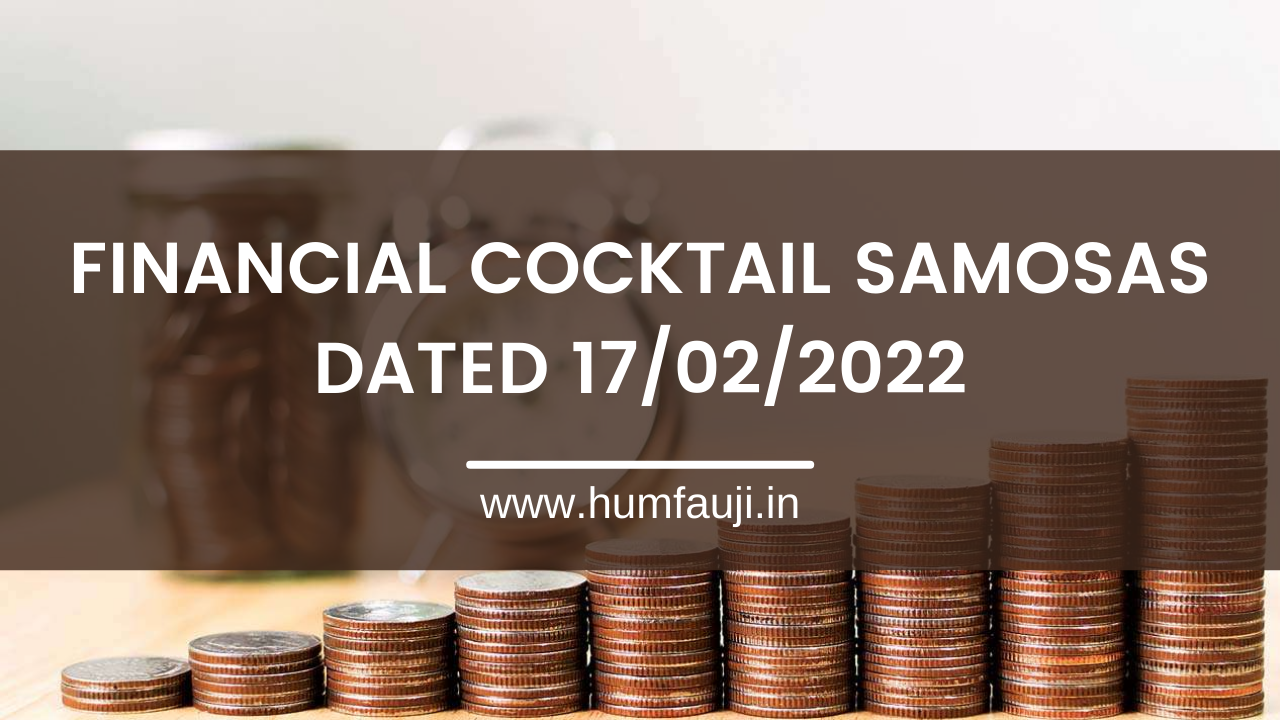Do you need more life insurance cover?
‘Rs.1 crore term plan @ just Rs 490 per month’ is advertised multiple times a day highlighting Bollywood star ‘Akshay Kumar’ in Policy Bazaar advertisements.
Term plan is a type of life insurance policy that provides coverage for a certain period of time or a specified ‘term’ of years. If the insured dies during the time period specified in the policy and the policy is active, or in force, a death benefit will be paid.
Pure Term plan is definitely the best life insurance product you can have compared to endowment, pension, child or ULIP plans which are sold quite rigorously by LIC and other insurance companies’ agents. All these other plans give the temptation of a great investment + insurance product but unfortunately don’t fulfill either of the goal efficiently.
Who should take a term plan?
In the financial planning checklist, it comes at second priority after health insurance. It becomes advisable for those who have major responsibilities/obligations to be fulfilled (ie Children’s education, marriage, loan repayment etc). Hence, it becomes advisable once an individual starts having responsibilities, typically on getting married.
How much life cover is required?
While 1 cr term plan is sold blindly, one must analyze his/her needs first. And surely it is not rocket science. A general thumb rule is as below:
Minimum Sum Assured = (Annual Income x 7-10 times) +
(Loans, Liabilities, Responsibilities, Obligations).
In addition to this, Assets and Liabilities and Net Worth Analysis will help you reach a more realistic amount required for your term.
Please don’t just blindly follow Mr Akshay Kumar, approach a professional advisor, if required, and take sound financial decisions.
(Contributed by Jatin Uppal, Dy Manager, Hum Fauji Initiatives)
How to choose a Financial Planner?
We come across various professionals in our routine life – Doctors, Lawyers, CAs, Hair Stylists, Fitness trainers and many more. Before approaching all these professionals, we check their credentials like Education Qualifications, work experience, ethical approach etc. Different people set different priorities and weightages of these parameters before utilising the services of any professional.
The same parameters can be used to filter out the best financial planner for you as well:
1) Education Qualification: CFP (Certified Financial Planner) is the standard essential qualification followed as a pre requisite in the financial planning industry.
2) Work Experience: Higher work experience is desirable in most cases but some investors do look out for youngsters who are full of energy, knows the fintech world developments and can use their artistic/creative minds in a much better way.
3) Ethical Approach: It’s the most important parameter that one should look out for. A financial planner should be following an ethical and value-based approach lest you find yourself in a much bigger problem soon. Don’t just get tempted by promises – of higher returns, use of an app, exotic products etc. Feedback from the existing client base helps in this filtration process.
A great surgeon will also hesitate in operating on his/her family member because emotions take a driving seat. So, always think twice before following a DIY (Do-It-Yourself) approach even if you consider yourself or any relative as the master of finance. It’s always better to approach a thorough professional.
(Contributed by Nidhi Dogra, Associate Financial Planner, Team Arjun, Hum Fauji Initiatives)
Why most NFOs should be avoided and not be confused with IPOs?
What actually is an IPO? Initial Public Offering is the process by which a company goes public selling its stocks (shares) to general public and getting listed on stock exchanges. Eg, LIC’s upcoming IPO is very much in news.
What is NFO? New Fund Offer is a process by which Mutual Fund companies (called AMCs – Asset Management Companies) launch a new fund and invite general public to subscribe to it.
What are the differences between the two, other than similar-sounding name?
- Pricing of an IPO is an essential parameter since it is based on the company’s value of past and of future prospects and the company’s fundamentals. Shares that are offered at a discounted rate has greater demand in an IPO. On the other hand, in NFO, the units offered are the face value of the unit and the money collected in a NFO are further used to buy other companies’ stocks and bonds.
- Performance. A company creating an IPO is in existence and typically engaged in several operations before stepping into an IPO. This helps the investors get a clear idea about the company’s past performance, strength, weakness, and market capitalization before planning to invest.
In NFO, the investors can only look at the performance of other several schemes managed by the fund manager and fund house that are offering NFO to get a clear understanding of the approach and philosophy of the fund management. - Listing price. Once the IPO is over, the price of shares at which they are listed and traded on the stock exchange depends upon the judgment of the market on the profitability and prospects of the company. On the other hand, the Net Asset Value (NAV) of the scheme in the NFO reflects the value of the underlying securities that are held in the portfolio.
- Usage of Funds. In IPO, the funds raised by a particular company is used for several business purposes like repayment of debts, expansion of the company, or to lower the stake of promoters in the company. NFO is launched where fund managers use the funds to invest further in other securities and maybe other funds – the primary objective behind raising funds in NFO is to capitalize on a trending theme of investment.
In IPO, you could be getting shares at a price discounted to its basic value. In NFO, there is no such concept and it is almost always better to buy a new mutual fund scheme much later once its performance gets known.
(Contributed by Ayushi Gupta, Associate Financial Planner, Team Arjun, Hum Fauji Initiatives)



